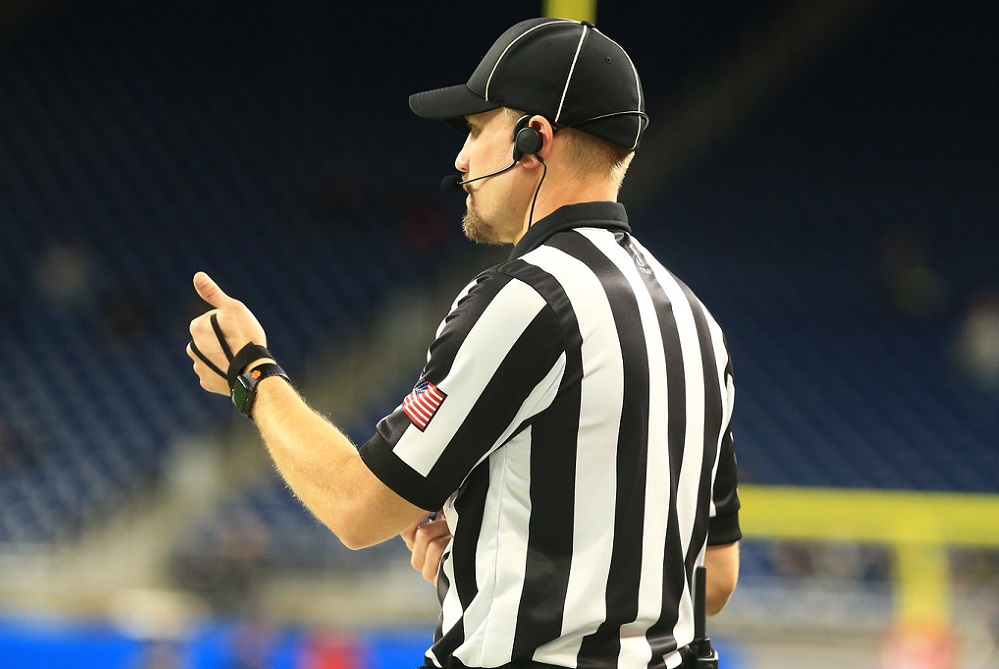
Sold Out
December 13, 2016
We are sometimes criticized for limiting the scope of school sports – for restricting long-distance travel and prohibiting national tournaments; but there is no question that we are doing the correct thing by protecting school sports from the excesses and abuses that characterize major college sports.
Across the spectrum of intercollegiate athletics, but especially in Division I football and basketball, there exists an insatiable “keep-up-with-the-Joneses” appetite.
Universities are building increasingly extravagant facilities. They are sending their “students” into increasingly expansive scheduling. But it’s never enough.
There is always another university somewhere building a bigger stadium, a fancier press box or more palatial dressing rooms, practice facilities and coaches quarters.
So-called “students” are sent across the US and beyond to play on any day at any time in order to generate revenue to keep feeding the beast.
The Big Ten knows it’s wrong, admits it, but schedules football games on Friday nights to attract larger rights fees from television.
Feeling used or abused, some of the athletes of Northwestern and then at the University of Wisconsin, talk of creating a union to protect themselves from the obvious, rampant exploitation.
And then occasionally, some college coaches dare to suggest that high schools are wrong to have regulations that reject the road that colleges have traveled, a road that has distanced athletics very far from academics in intercollegiate sports.
The intercollegiate model is not and must not be the interscholastic model. We who are sold out for educational athletics have nothing good to learn from those who have sold out for broadcast revenue.

Be the Referee: Football Overtime Penalty
By
Sam Davis
MHSAA Director of Officials
October 4, 2022
Be The Referee is a series of short messages designed to help educate people on the rules of different sports, to help them better understand the art of officiating, and to recruit officials.
Below is this week's segment – Football Overtime Penalty - Listen
What happens when the defense commits a penalty on an extra point try in overtime?
First, the set up. Team A starts with the ball 1st-and-Goal from the 10. On their very first play, they score a touchdown. The extra point is good – but the defense roughs the kicker. What are Team A’s options?
They can accept the penalty, move the ball closer to the goal line and maybe go for two.
Or, they can take the result of the kick and have the penalty enforced when Team B takes over — which means that instead of 1st-and-Goal from the 10 with a chance to tie the game and send it to a second overtime, Team B would have 1st-and-Goal from the 25.
This costly penalty will certainly have an impact on the next possession, where Team B will need a touchdown.
Previous Editions:
Sept. 27: Kickoff Goal - Listen
Sept. 20: Soccer Timing - Listen
Sept. 13: Volleyball Replays - Listen
Sept. 6: Switching Sides - Listen
Aug. 30: Play Clock - Listen
Aug. 23: Intentional Grounding Change - Listen

